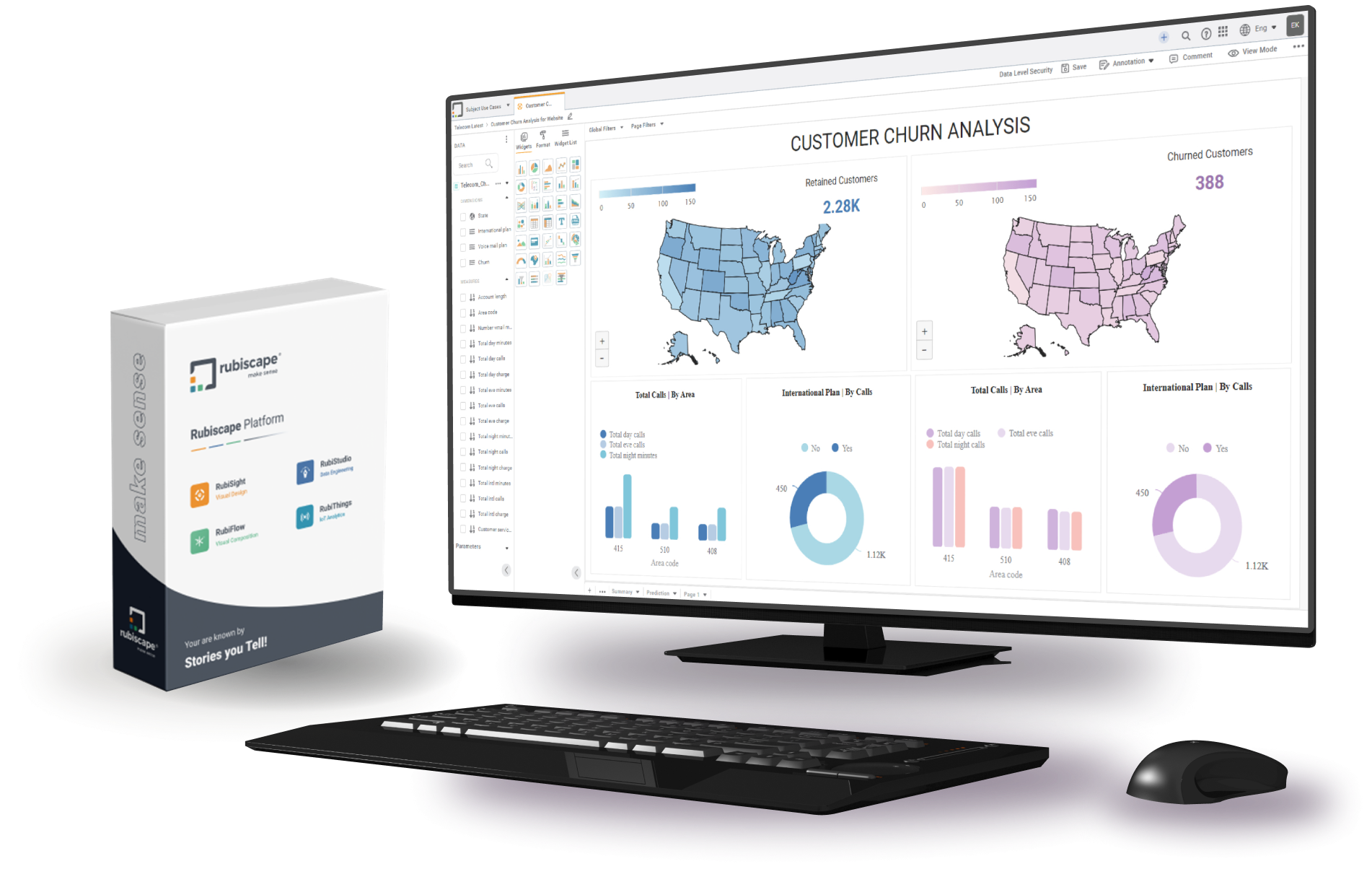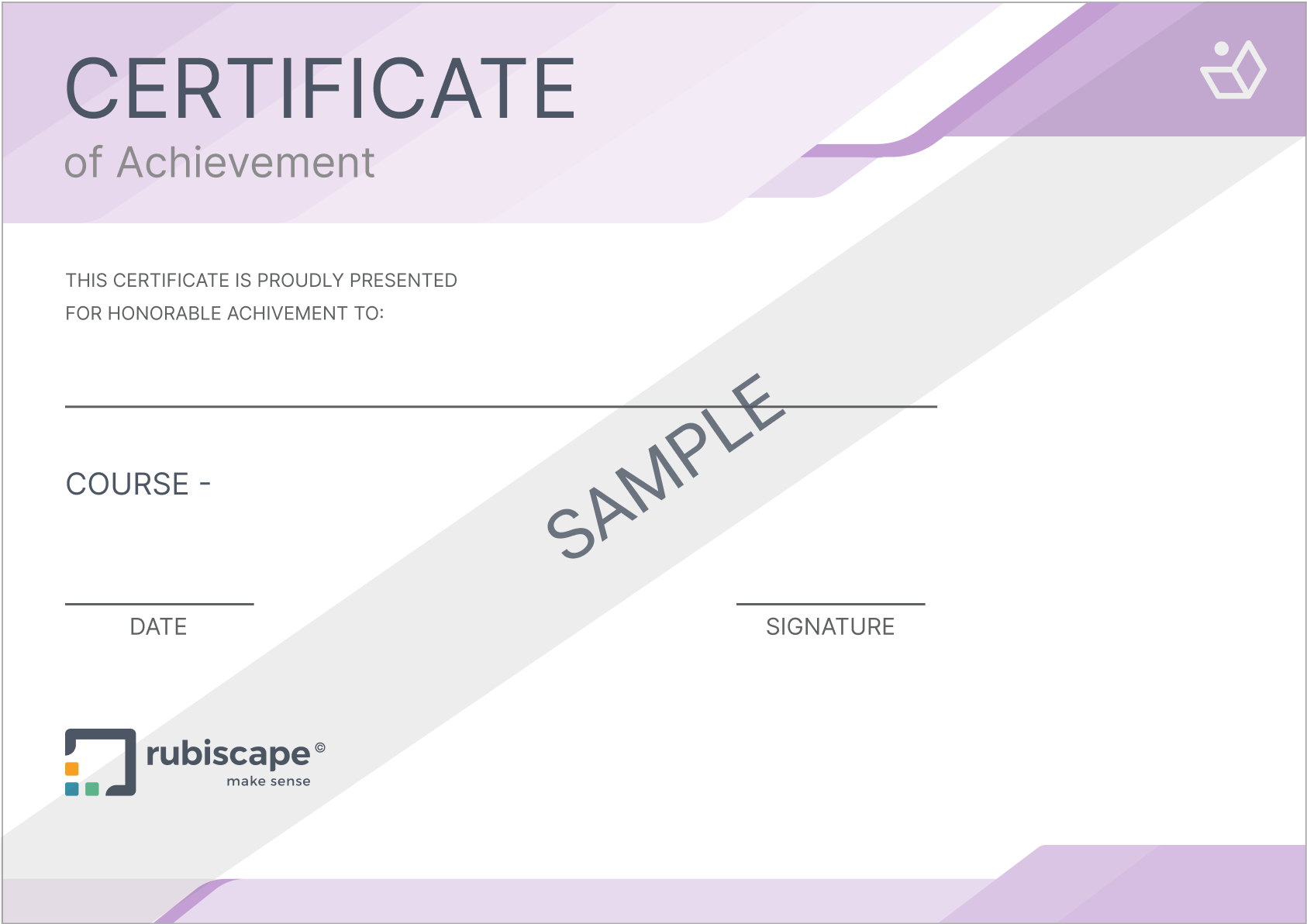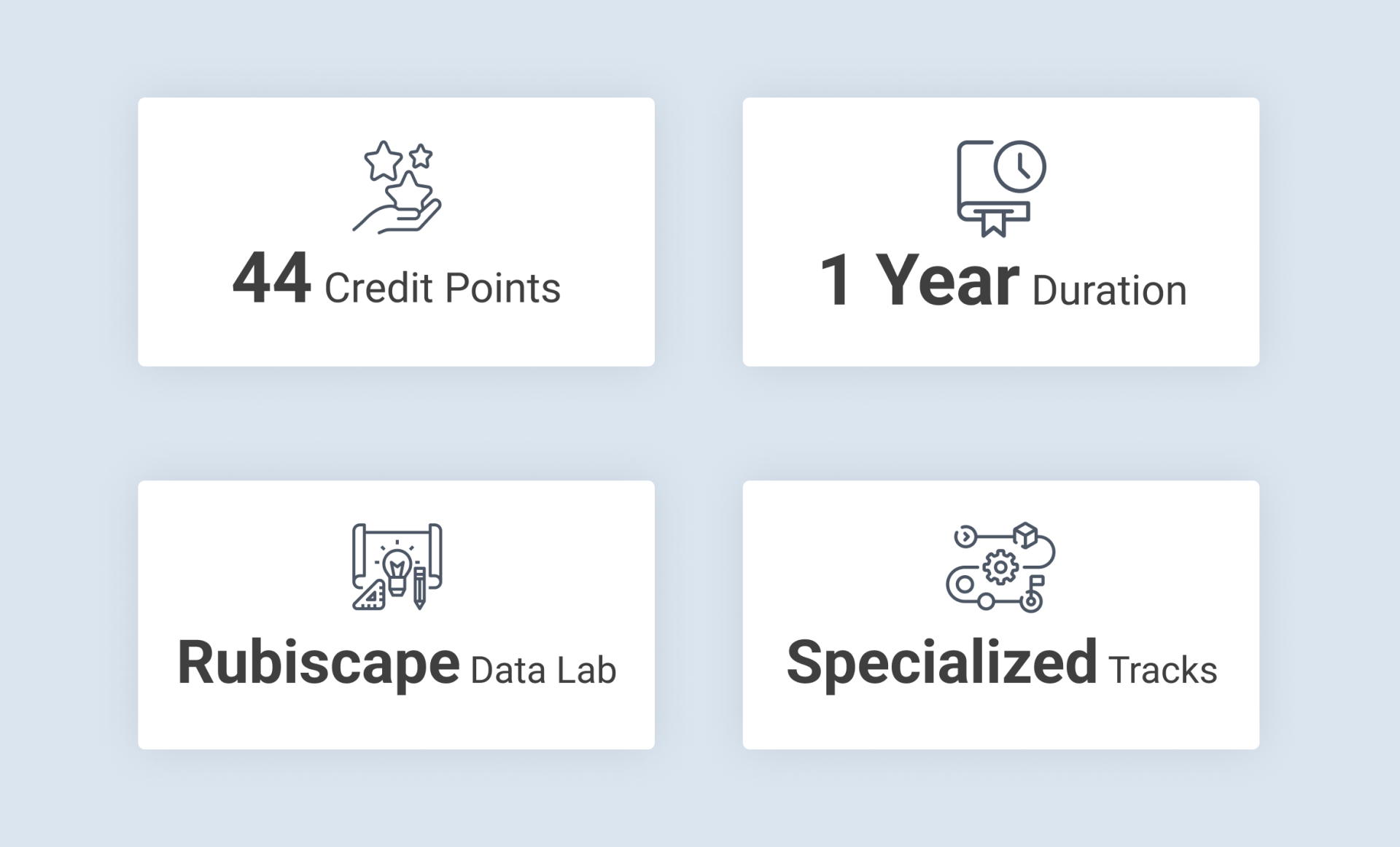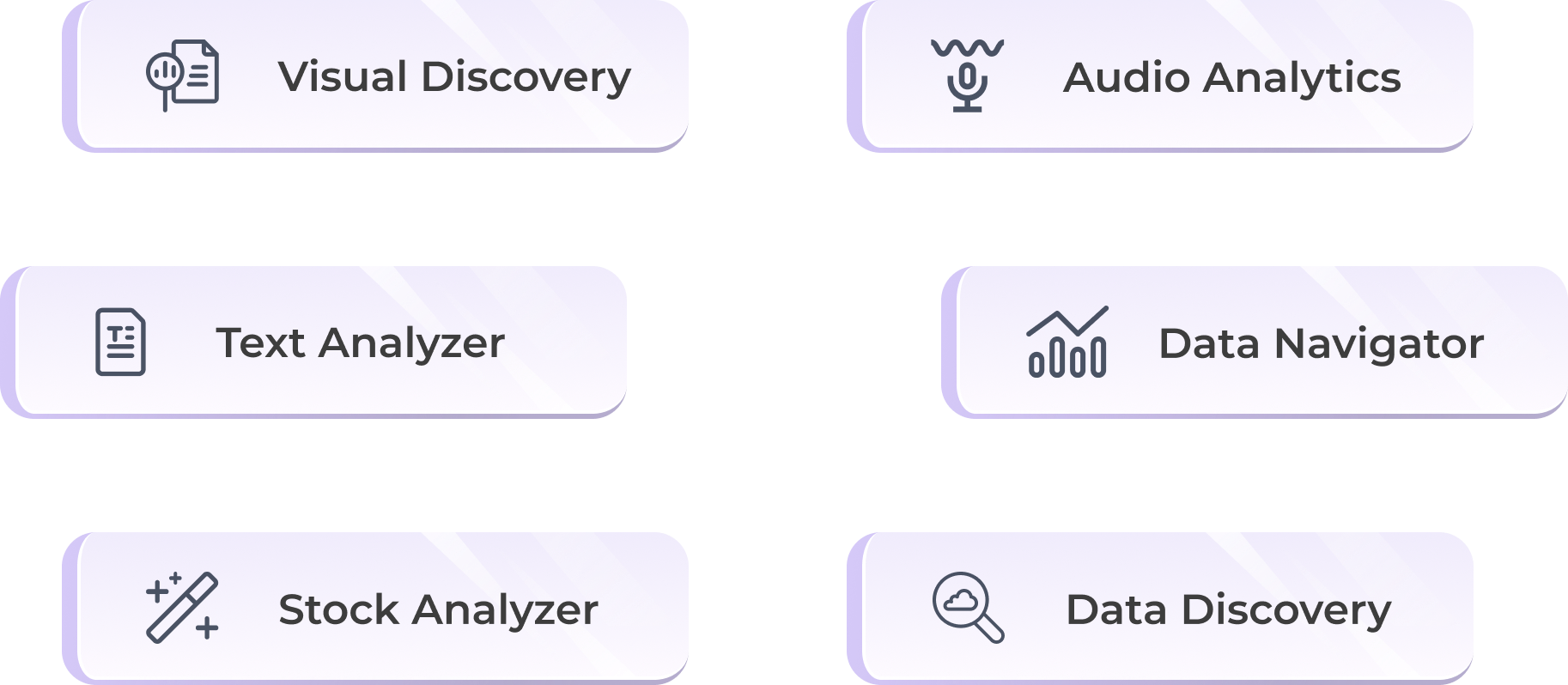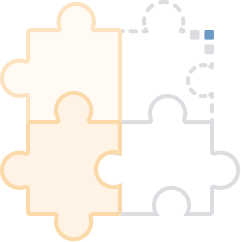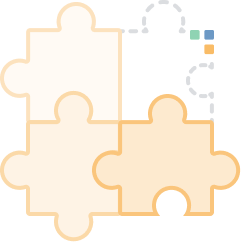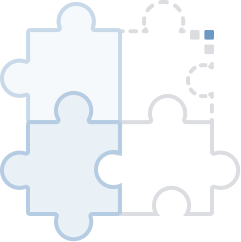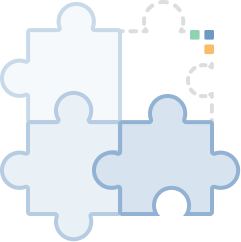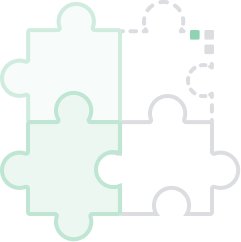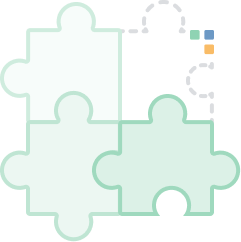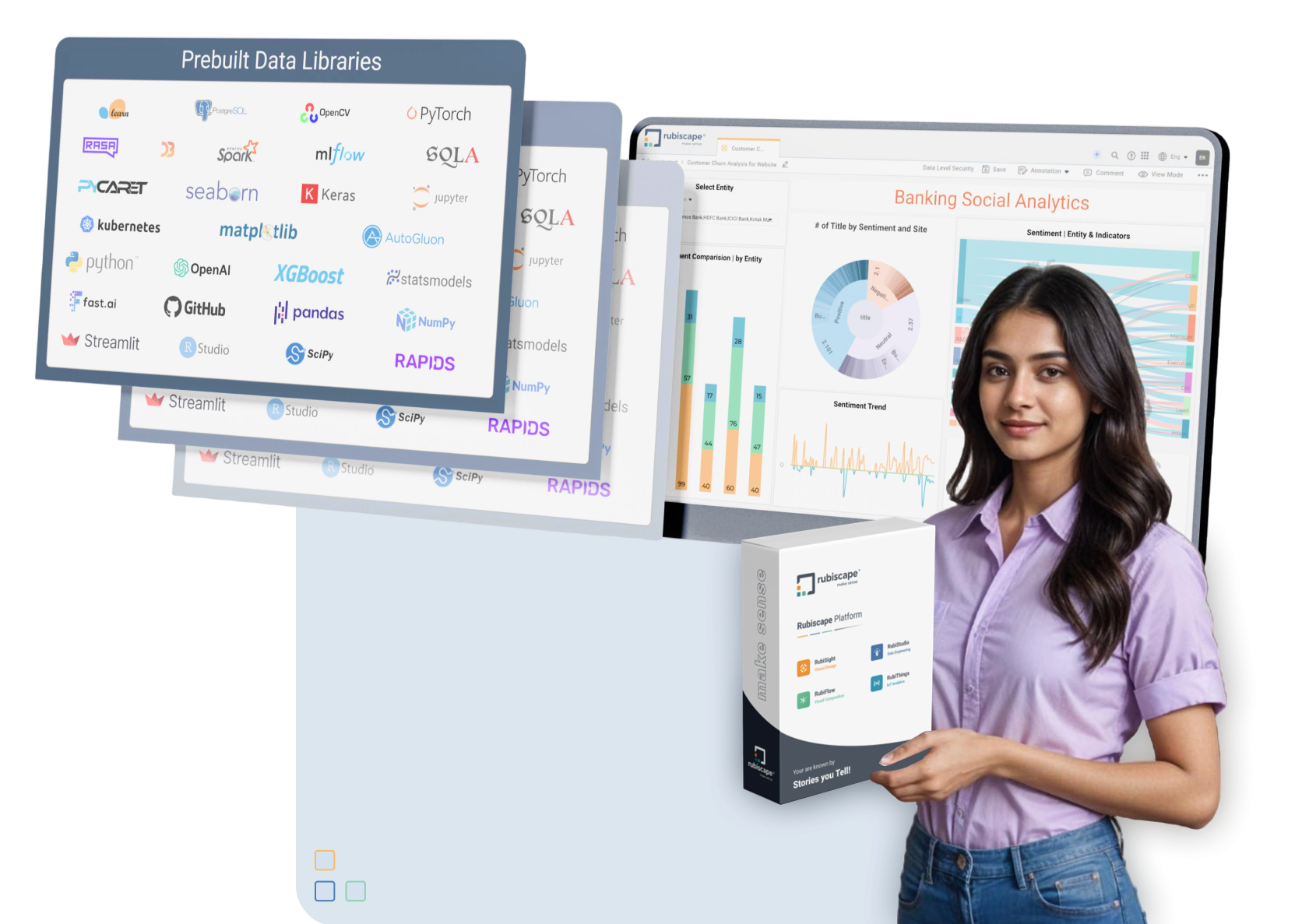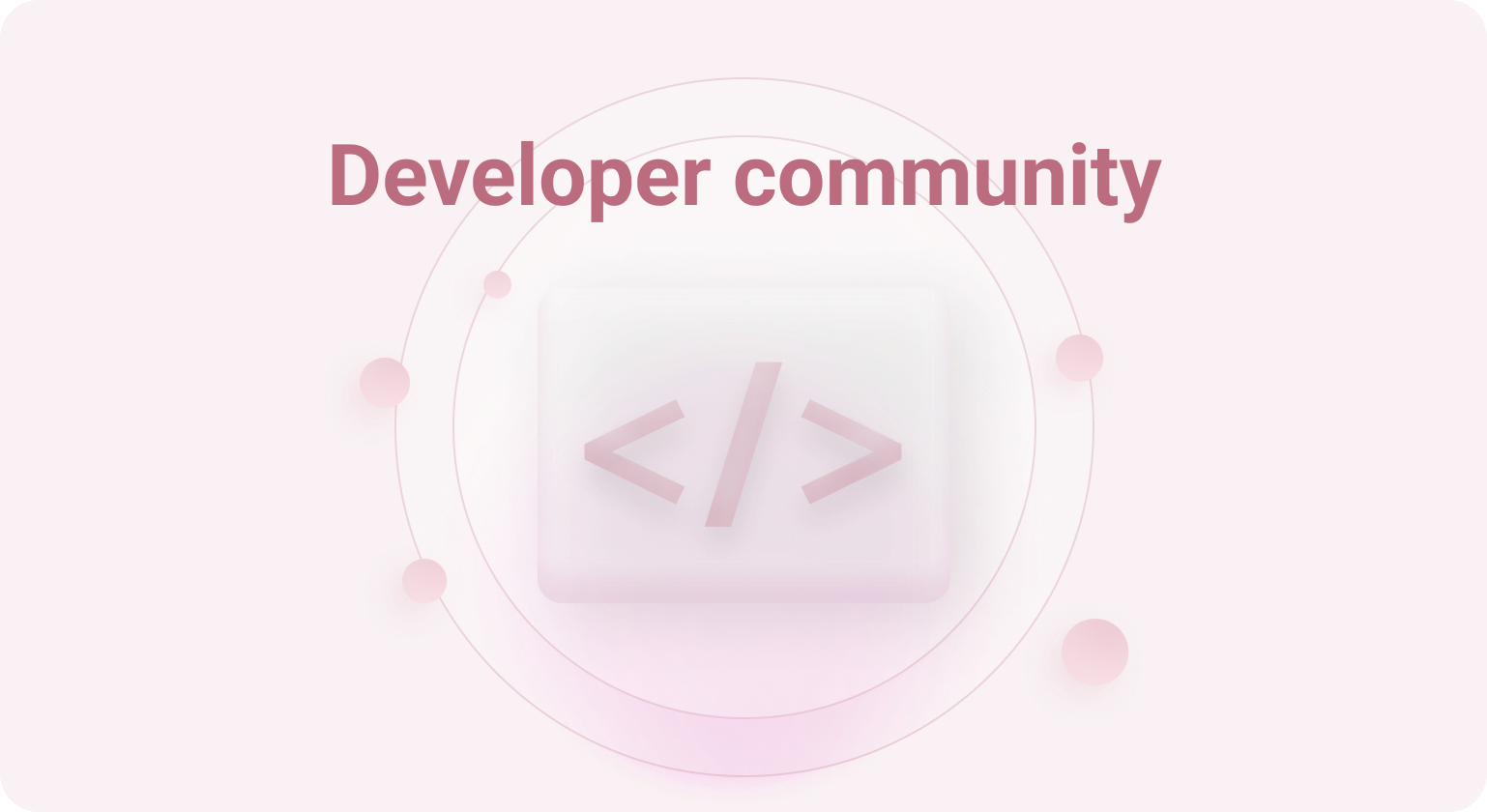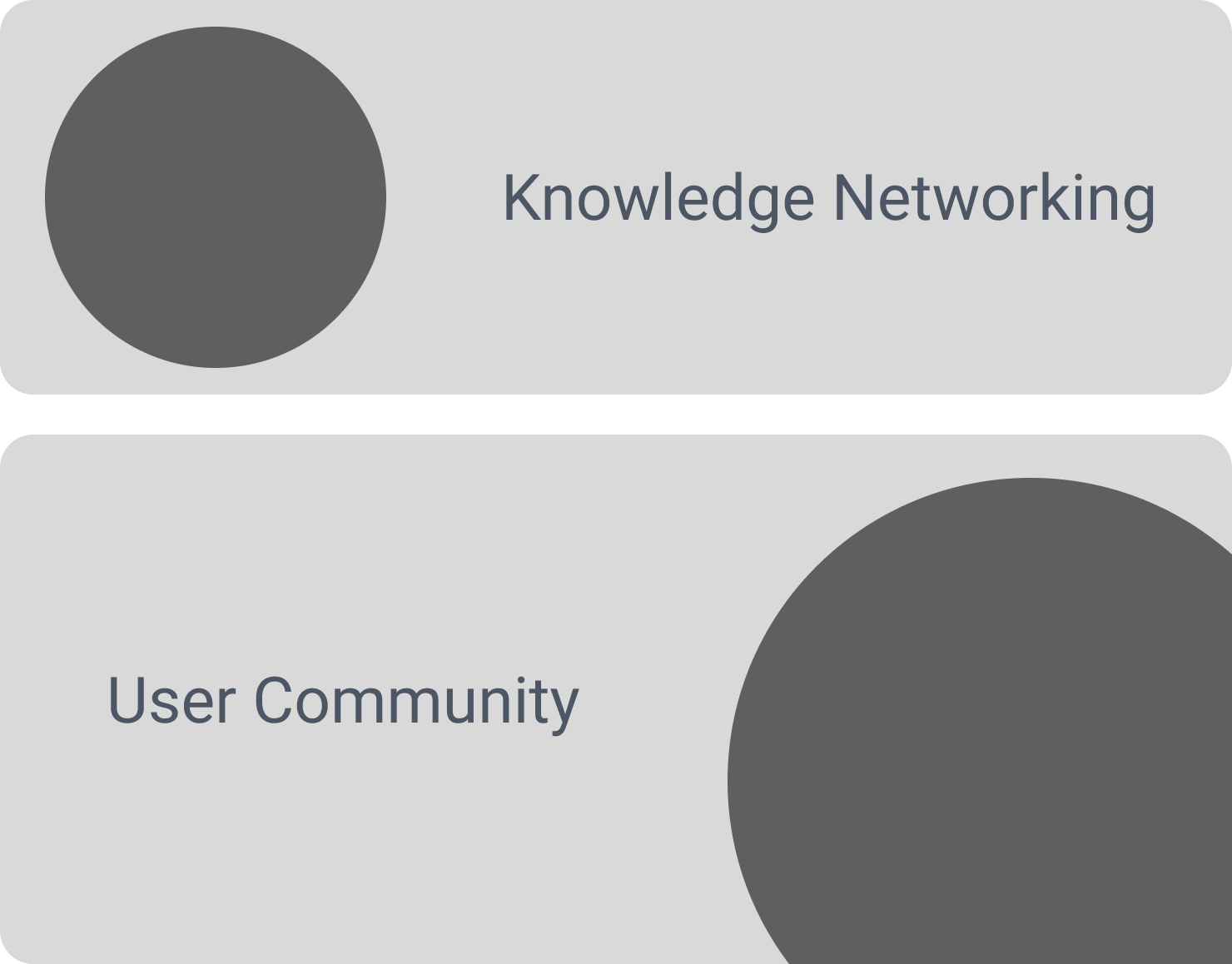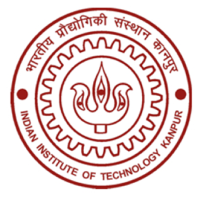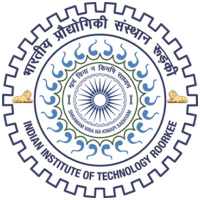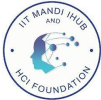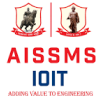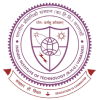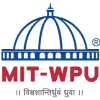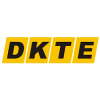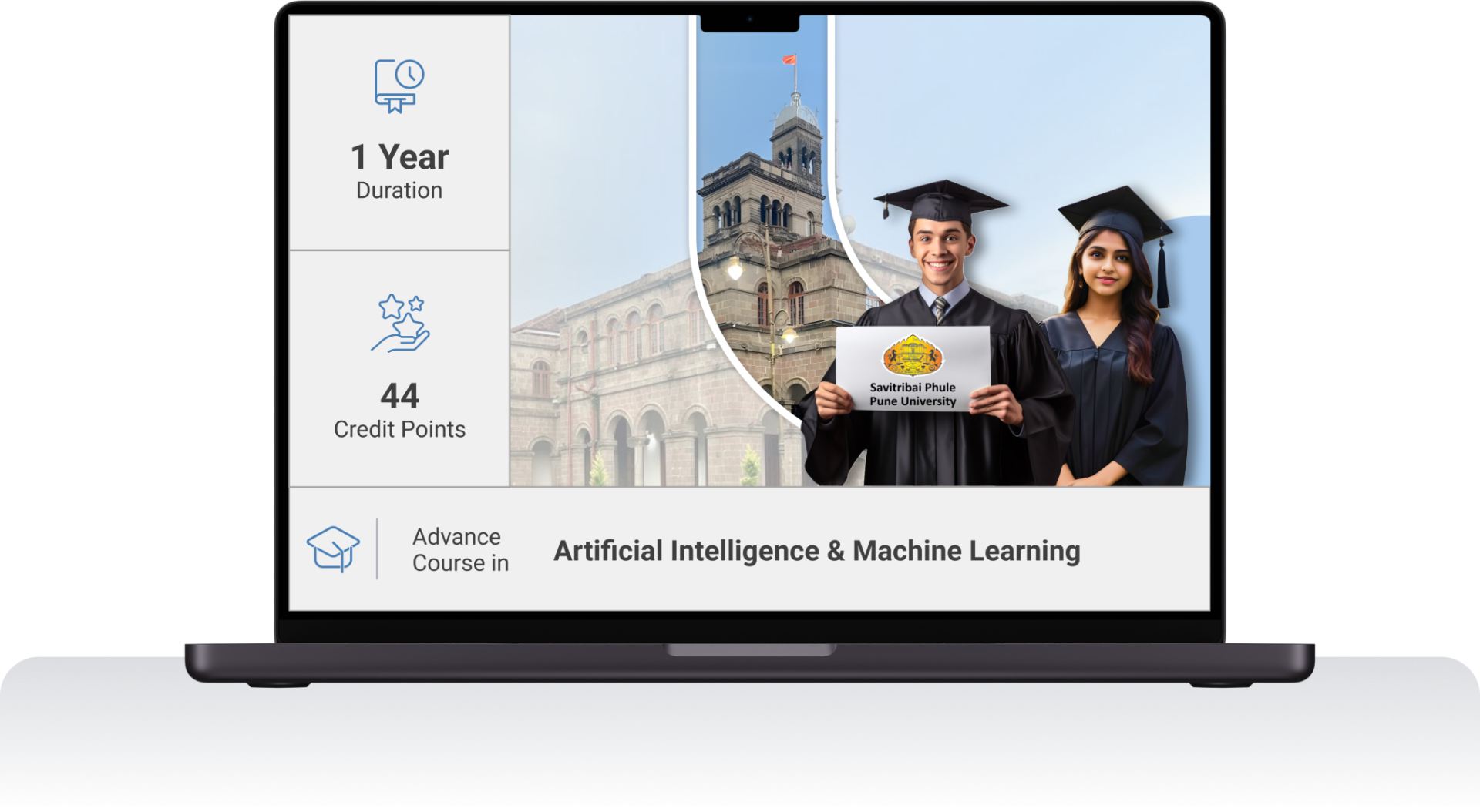Driven by Collaboration, Empowered by Partnership
Voices of Achievement!
From Data Skills to Career Thrills!
-
All-in-one Data Skills
-
From Basics to Mastery
-
Pro-Grade Tool Kits
-
Hands-On Experience
-
Expert Support Always
-
Training Across 35+ Sectors
-
AIML Expertise: Theory & Product
-
Custom-Fit Curriculum
-
30+ Prebuilt Datasets & Libraries
-
Industry-Standard Alignment
-
Tailored Custom Curriculum
-
AICTE Approved Syllabus
-
Hands-On Toolkit Provided
-
Upgraded Faculty Training
-
Custom Branding Materials
Thank you!
Connect, Learn, and Engage
with Our Community
Frequently Asked Questions
What is AI, and what are some of its applications?
AI is a technology that enables computers to mimic human intelligence and perform more complex and time-consuming tasks in a faster and more efficient way. AI systems learn and improve by analyzing large amounts of data and finding correlations and patterns in it.
Some applications of AI.
- E-commerce: AI-powered recommendation systems enables personalized user experiences, depending on their history.
- Conversational Chatbots – These AI Models generate human like text responses. It makes them suitable for tasks like answering questions, providing explanations, and engaging in dialogues.
- Social Media – AI in social media can curate personalized news feeds and content aligning with user interests.
What is Machine Learning, and how does Rubiscape enhances your experience in Machine Learning?
What are the differences between a Data Scientist, Data Analyst, and Data Engineer, and how can Rubiversity and Rubiscape help you excel in these roles?
A Data Scientist builds predictive models using advanced analytics and machine learning, primarily with Python and R. A Data Analyst interprets and visualizes data for insights, using SQL and tools like Tableau and Excel. A Data Engineer designs and maintains data infrastructure, focusing on ETL processes and database management, using SQL, Python, and tools like Hadoop and Spark.
Rubiversity equips you with the skills needed for various Data Science roles through specialized courses and hands-on projects. Our curriculum is designed to meet the latest industry demands, ensuring you gain relevant, practical experience.
What are the most commonly used tools and software in Data Science, and how does Rubiversity prepare you to use them effectively?
In Data Science, popular programming languages include Python for its simplicity and vast libraries, R for statistical analysis and visualization, and SQL for querying relational databases. Essential libraries include NumPy and Pandas for data manipulation, Matplotlib and Seaborn for visualizations, and Scikit-Learn, TensorFlow, and PyTorch for developing machine learning and deep learning models.
Rubiscape, an end-to-end Data Science platform, supports your learning by offering a comprehensive toolset. With tools like Connect for integrating data from over 20 sources, Metadata Manager for creating data dictionaries, Data Integrator for building pipelines, Dashboard Designer for interactive dashboards, and Machine Learning for model development and deployment, Rubiscape facilitates a streamlined and effective data science process.
What is GEN AI?
Gen AI or Generative AI, is an branch of Artificial Intelligence that focuses on creating new content. The content can be text, images, video, audio, or even code. Unlike traditional AI, which is designed to recognize patterns and make predictions based on existing data, generative AI models create new data that mimics the original data's characteristics.
A few examples of GAN’s include:
- GPT - Generative Pre-trained Transformer models, used for text generation
- GAN - Generative Adversarial Networks, which are used to create realistic images
With Rubiscape, you can experiment with generative AI models, allowing you to develop innovative solutions across various domains.
Success Stories from Learners Who Excel
